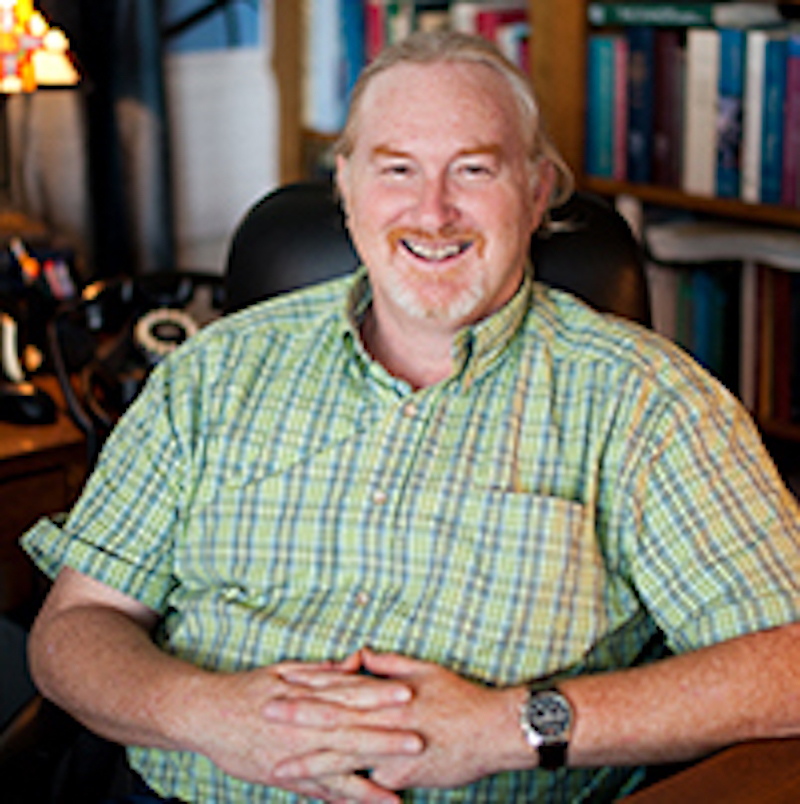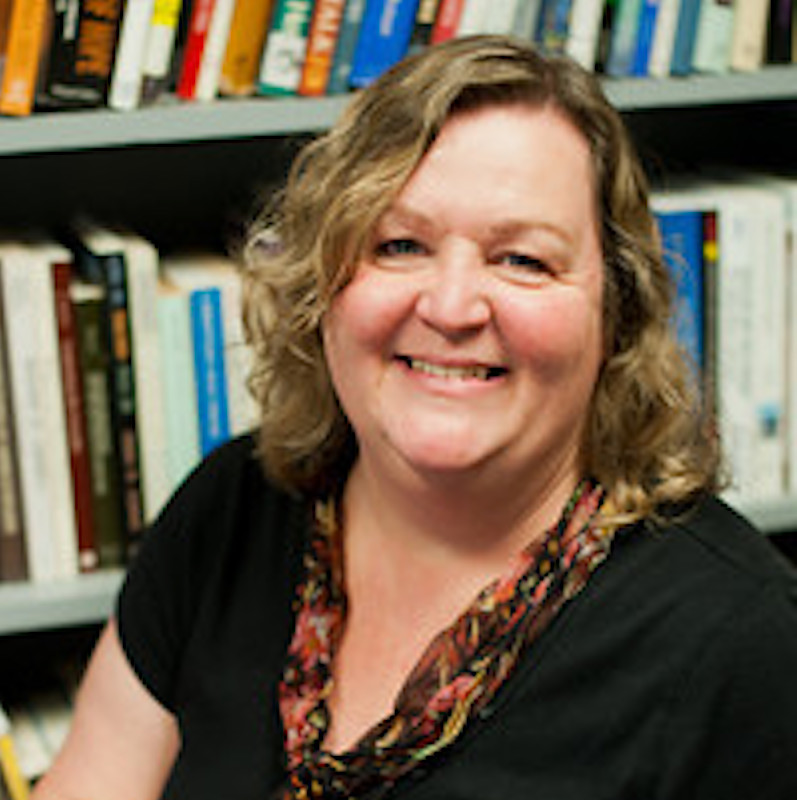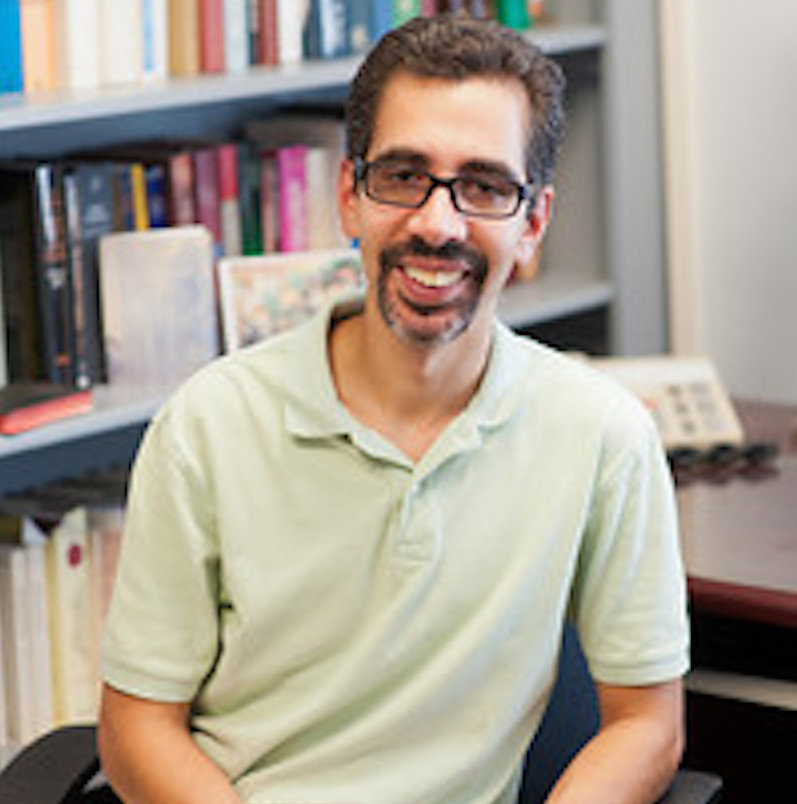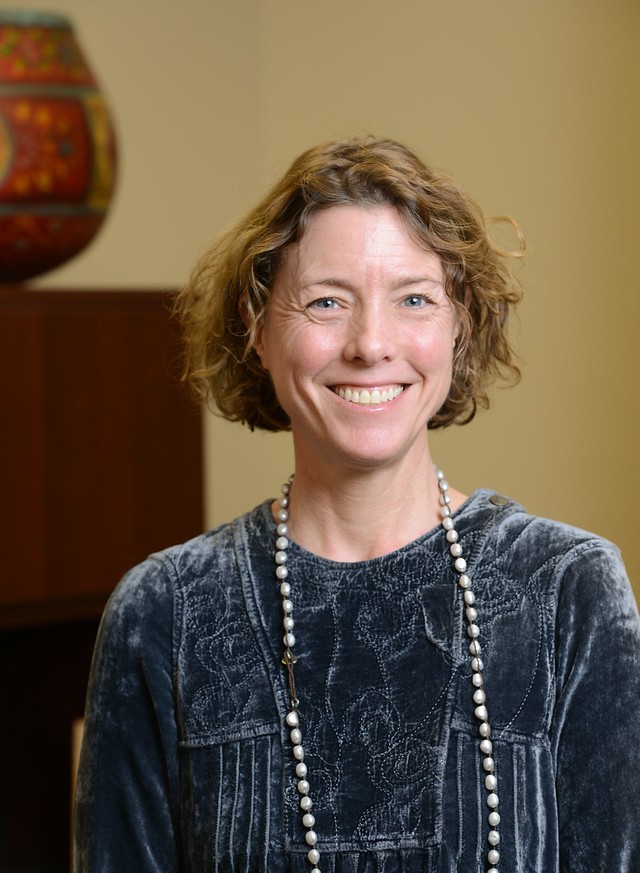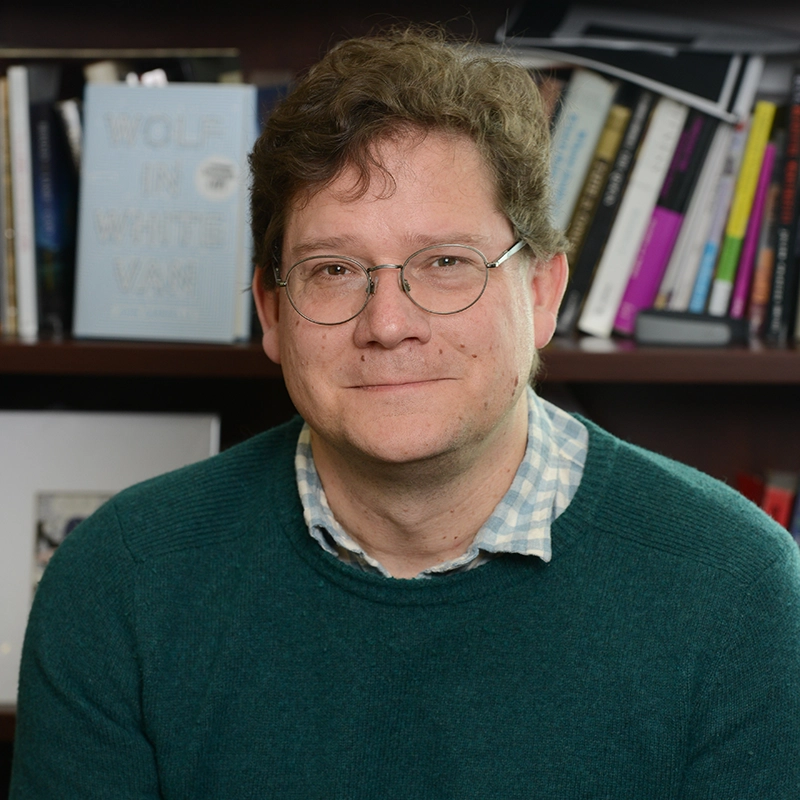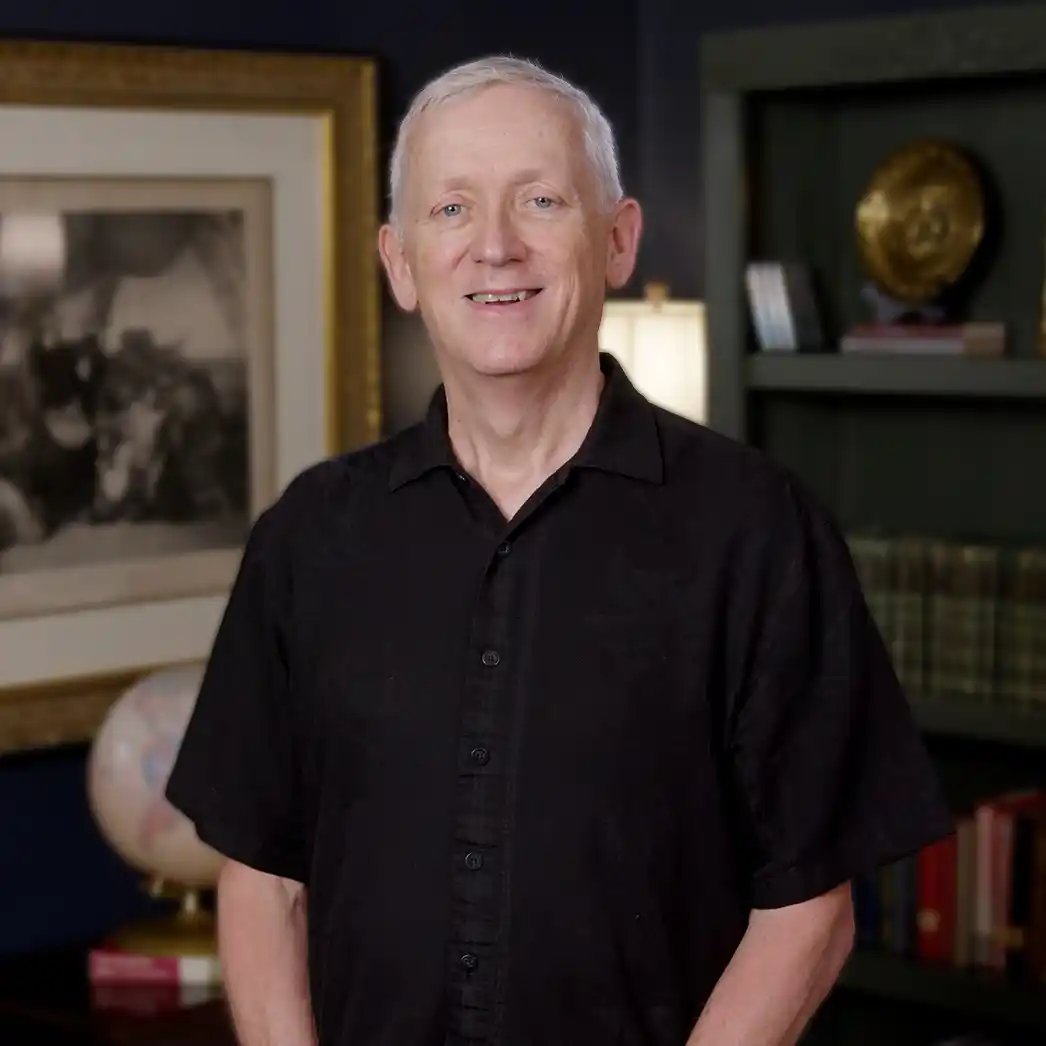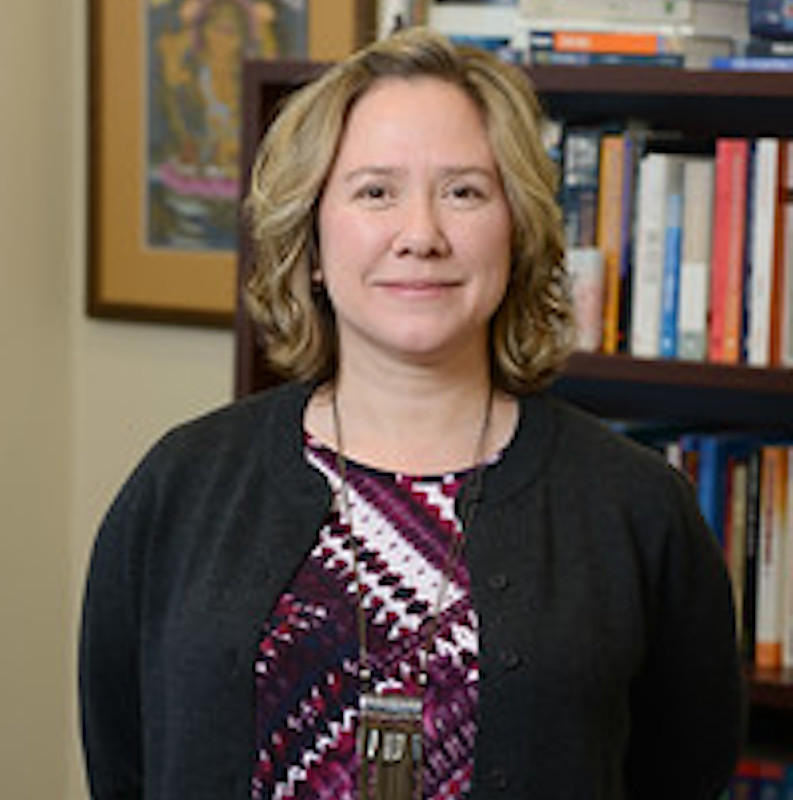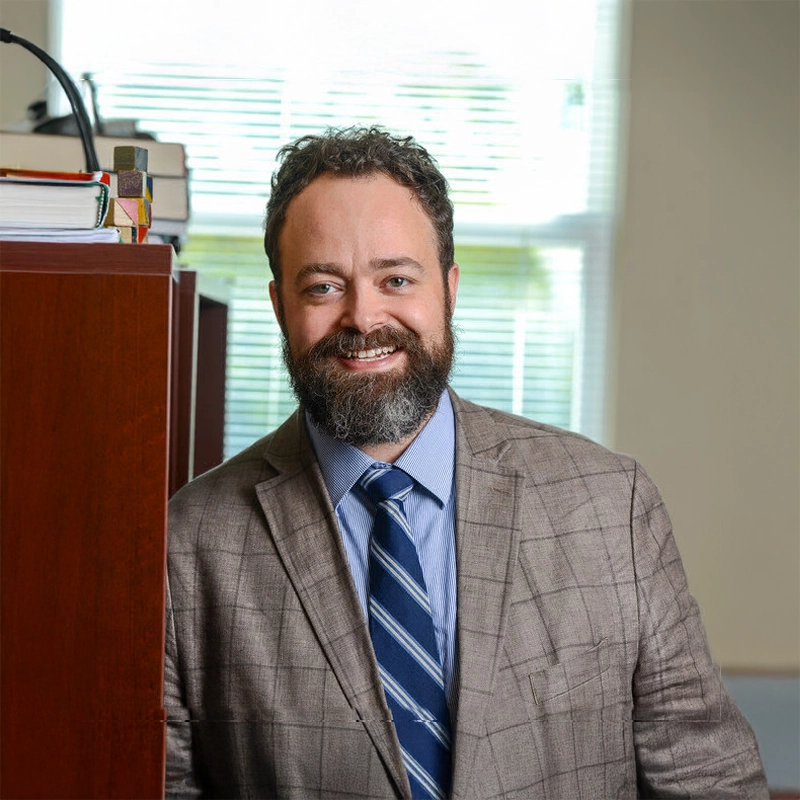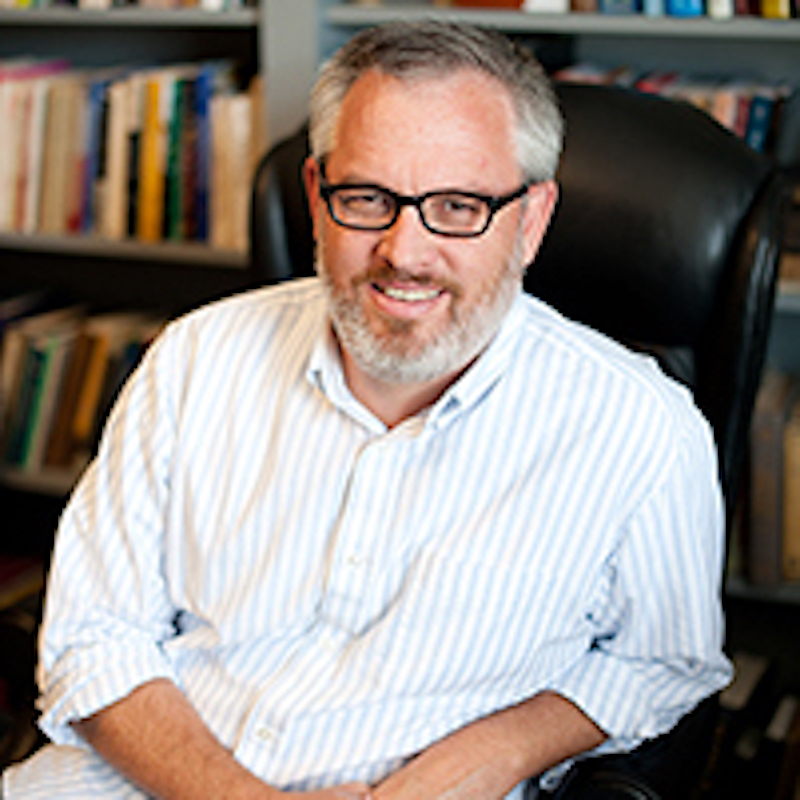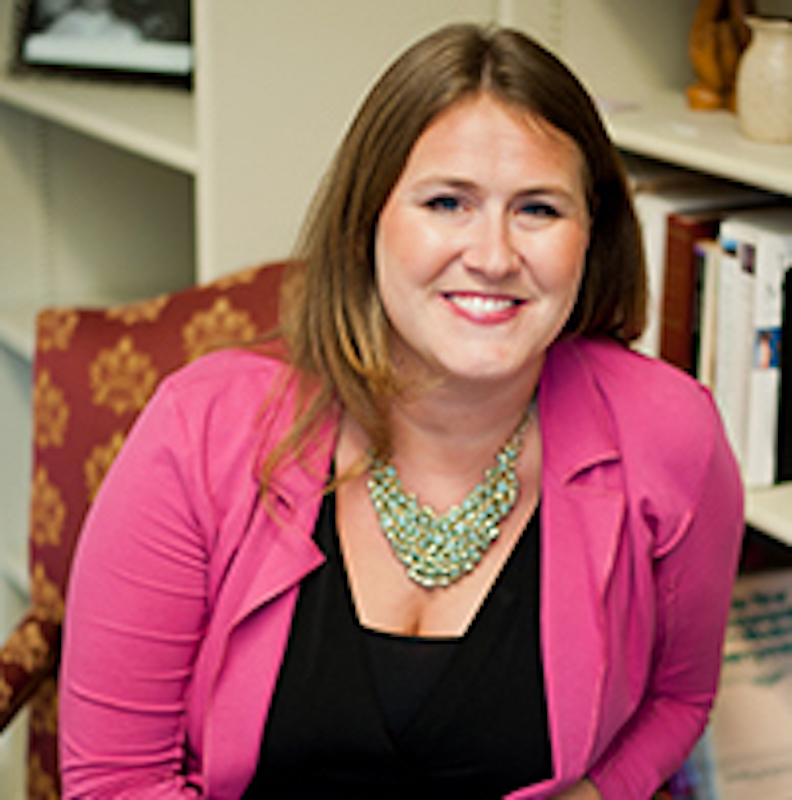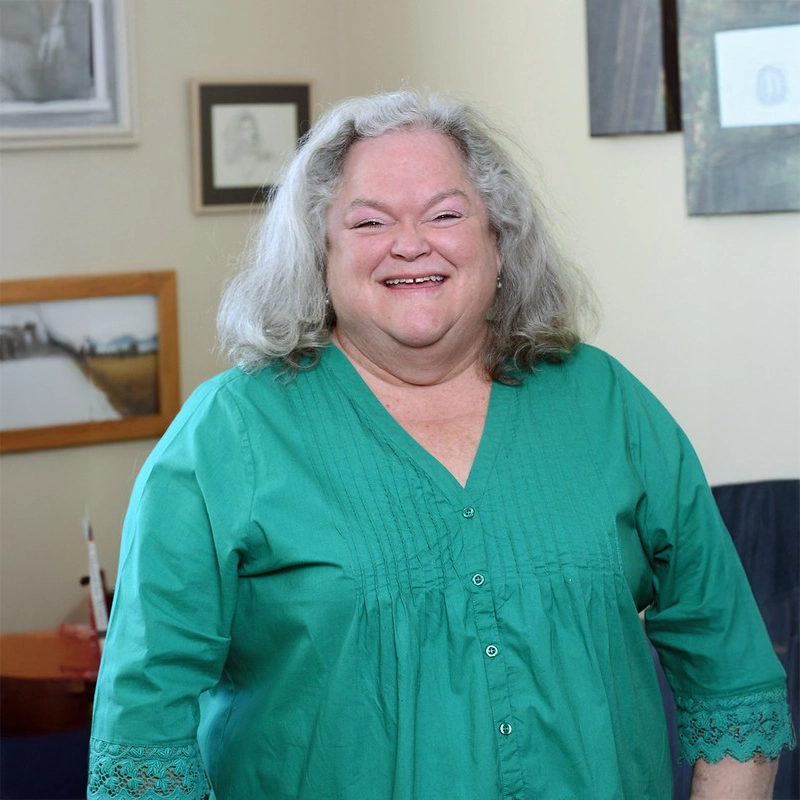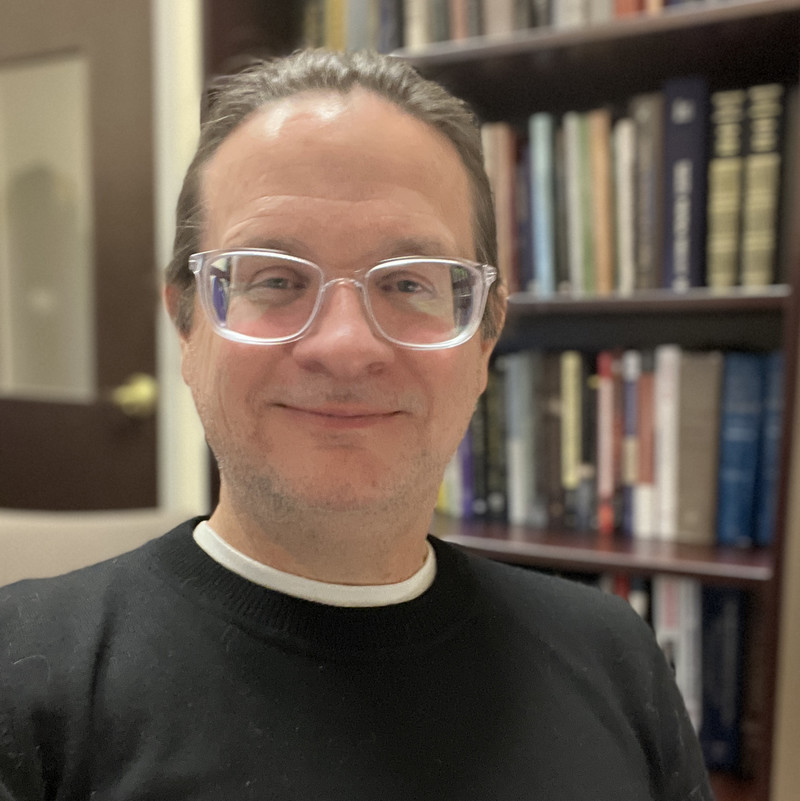Why Major in Faith & Social Justice?
The faith and social justice degree prepares you to connect Christian faith with real-world action. In this program, you’ll explore how theology shapes public life, study the challenges facing local and global communities and gain hands-on experience serving alongside ministries and nonprofits. Whether you feel called to ministry, advocacy, community development, missions or another path of service, this major equips you with the knowledge, skills and spiritual formation to pursue meaningful, justice-oriented work grounded in faith, hope and love.
Request Information
What You'll Learn
The Faith & Social Justice major brings together theology, ethics, public life and hands-on service so you can understand how Christian faith speaks to the world’s most urgent challenges. Through classroom learning, community partnerships, faculty mentorship and opportunities like Belmont on Mission and Study Abroad, you’ll develop the biblical understanding, cultural awareness and practical skills needed to serve with wisdom and compassion in a variety of settings. In this program, you will:
-
Think deeply about the social and political implications of Christian faith
-
Study real-world leaders, movements and communities devoted to justice and reconciliation
-
Gain hands-on experience in ministries, nonprofits and community organizations
-
Engage in meaningful conversations about issues that matter in today’s world
-
Grow intellectually, spiritually and socially in a supportive Christ-centered community
-
Explore what it means to live wisely, love your neighbor and pursue the common good
-
Be mentored by excellent professors who are committed Christian scholars and teachers
Program Details
Curriculum
The faith and social justice major pairs with a variety of minors and leads to the Bachelor of Arts (B.A.). It requires a total of 128 credit hours of coursework:
- BELL core requirements: 55 hours (includes 9 hours of specific religion courses)
- Religion Core courses: 18 hours
- Bible and Theology Area courses: 15 hours
- Minor Area: 18 hours
- General Electives: 22 hours
Core Courses
In the faith and social justice major, you’ll build a strong foundation in Bible, theology, ethics and social analysis. Coursework may include topics such as:
-
Christian perspectives on justice, peace and reconciliation
-
Theology, politics and public life
-
Global Christianity and interreligious dialogue
-
Poverty, race and inequality
-
Ministry, leadership and spiritual formation
You’ll also complete general education courses and electives that allow you to pair this faith and social justice degree with interests such as sociology, psychology, political science, education or the arts.
Every major in the School of Theology and Christian Ministry (STCM) aims at whole person formation. Students are invited into a vibrant and supportive academic community and are offered numerous opportunities to grow intellectually, spiritually and socially. As they learn to see in the light of Christ and grow in knowledge and wisdom, students develop the skills and habits they need to creatively pursue lives of meaning and purpose. This process happens inside and outside the classroom as students make use of the wide range of opportunities available to them.
- Explore the world. From addressing the AIDS epidemic in Botswana to visiting important biblical sites to walking pilgrimage in Scotland or Spain, our numerous Belmont on Mission and study abroad programs immerse you in transformative experiences around the globe.
- Engage in service. From mentoring refugee families to providing art therapy for the homeless, you will find countless opportunities to serve.
- Gain practical experience. Our internship program provides hands-on opportunities to explore your vocation and gain valuable insights from experienced mentors. Our students gain experience in ministry, media, education, legal advocacy, non-profit work, community arts and countless other settings. They are involved in everything from educating children to combating human trafficking and food insecurity, to leading worship and providing pastoral care.
- Discern a call to ministry. Find support through the Moench Center for Church Leadership, which provides mentoring, leadership development and resources for students preparing for church-related vocations.
- Join a club. From honor societies to faith-based groups, our student organizations help deepen your faith while broadening your horizons and creating enduring friendships.
- Conduct original research. Our students partner with professors, create original research, travel to deliver papers at academic conferences, participate in Belmont’s SPARK Symposium and engage in numerous other forms of research.
The School of Theology and Christian Ministry (STCM) has benefitted from the generosity of many donors over the years. This allows us to award scholarships to multiple students each year, including two full-tuition scholarships: the Madden Scholarship and the Servant Leader Scholarship. If you apply to any STCM major before Dec. 1, you will automatically be considered for scholarships.
Meet Your Faculty Mentors
Our Christ-centered faculty represent a wide range of Christian traditions and theological perspectives. Each is an excellent teacher and mentor to students, and many are also well-known scholars and authors.
Career Possibilities
As students are formed by their experiences in the faith and social justice major, they grow in knowledge and wisdom and develop the skills employers across many industries seek today: clear and persuasive communication, the ability to see issues from multiple perspectives, emotional intelligence, teamwork, creativity, critical thinking and deep literacy. Many students also continue on to seminary, law school or graduate study in areas such as theology, counseling, social work or public policy.
Here are just a few of the paths faith and social justice majors pursue:
Serve congregations as a preaching, teaching and pastoral leader who connects Christian faith with the needs of the community.
Provide spiritual care in hospitals, colleges, correctional facilities, the military or other institutional settings.
Direct ministries, community development organizations or advocacy groups focused on issues such as poverty, housing, immigration, education or public health.
Lead programs that coordinate services, build partnerships and advocate for vulnerable individuals and families.
Pursue law school and use your background in ethics, theology and social analysis to serve in public interest law, civil rights, immigration or other justice-focused fields.
Work in community agencies, schools, hospitals or congregational settings to support individuals and communities in crisis.
Teach in K–12 schools, higher education or congregational education programs, helping students connect faith, learning and justice.
Launch innovative initiatives, businesses or ministries that address social problems with sustainable, justice-oriented solutions.
FAQs
Belmont is a Christ-centered ecumenical university. Our faculty are committed Christian scholars and teachers who represent a wide range of Christian traditions and theological perspectives.
God’s love for the world in Jesus Christ is known and received as individuals and communities love God and love their neighbors, especially those in need. Therefore, theology and practice, faith and politics, are inseparably related to one another.
Yes. All four majors in the School of Theology and Christian Ministry include an internship. These internships are in a wide variety of contexts. Study abroad and international mission opportunities are widely available.
Contact Us
College of Liberal Arts & Social Sciences
Sophie Chua
Admissions Coordinator
615.460.8335



